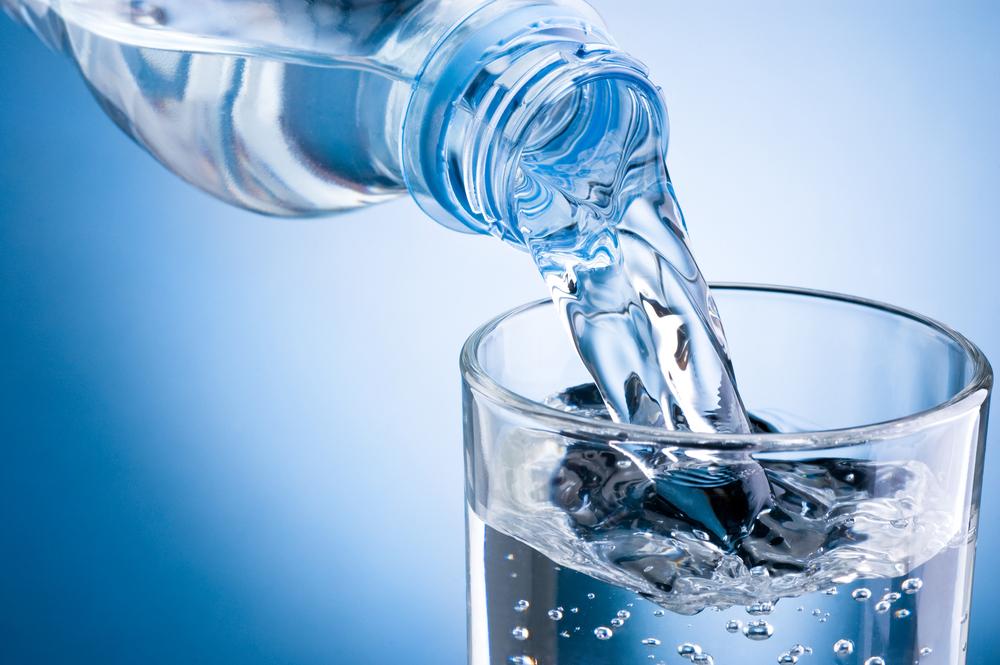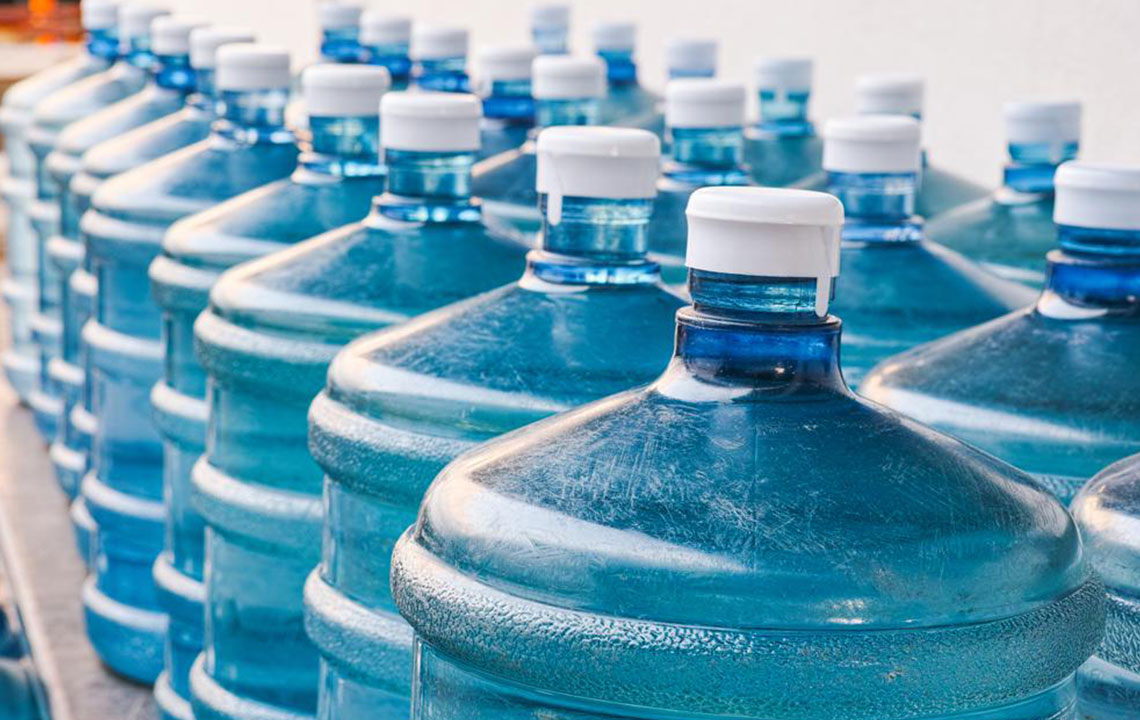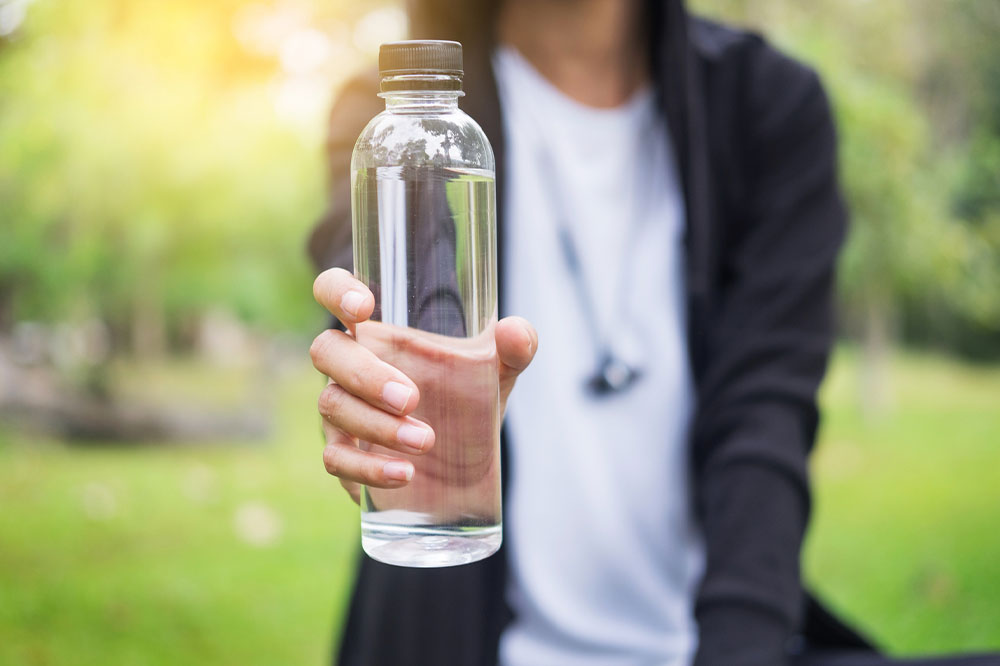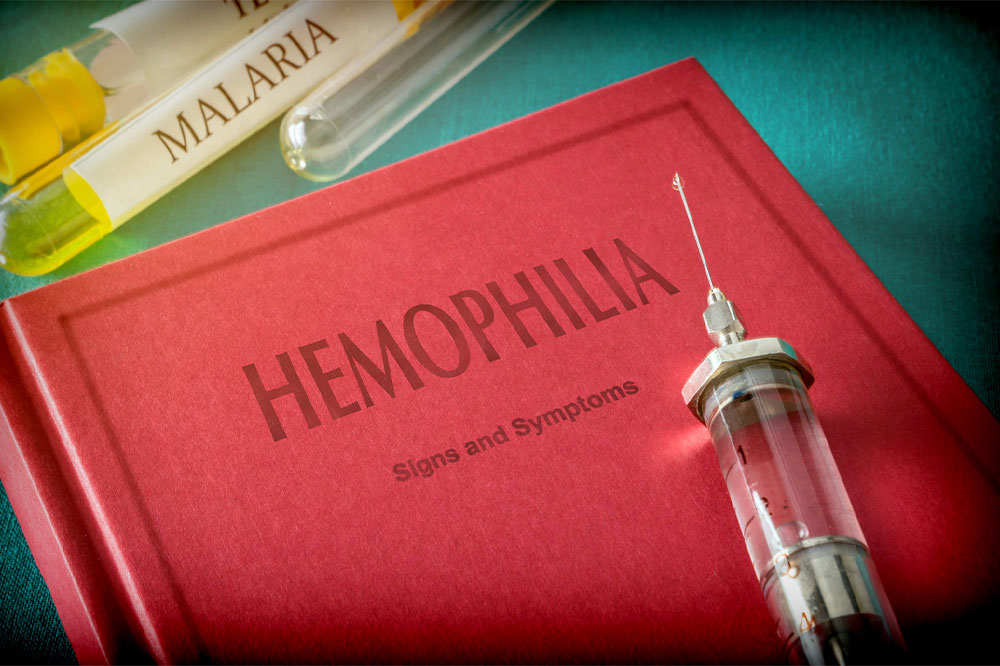Comprehensive Water Safety Guidelines for International Travelers
Ensuring water safety is essential for travelers to prevent waterborne diseases like cholera and hepatitis A. This comprehensive guide provides tips on choosing safe drinking water, avoiding contaminated ice and food, understanding global water quality differences, and health precautions. Prioritize bottled or purified water, stay informed about local water conditions, and consult healthcare providers for vaccinations. Proper hydration and sanitation practices are crucial to maintaining your health abroad, ensuring a safe, enjoyable travel experience free from water-related illnesses.

Comprehensive Water Safety Guidelines for International Travelers
Traveling abroad offers enriching experiences and memorable adventures, but it also comes with certain health considerations—most notably, ensuring access to clean, safe drinking water. Water safety is a critical aspect of travel health, as contaminated water sources can lead to serious illnesses such as cholera, hepatitis A, typhoid, and other waterborne diseases. To enjoy your trip without health issues, it's essential to understand the importance of proper water precautions and adopt best practices during your journey.
Ensuring water safety begins with awareness of the local water quality standards and sanitation conditions of your destination. In many developing regions, tap water may be unsafe for consumption due to contamination with pathogens, bacteria, or chemicals. In contrast, countries with modern infrastructure like Sweden, the United Kingdom, and New Zealand typically offer high-quality, potable tap water that meets strict safety standards. Therefore, travelers should do thorough research beforehand to understand the water safety level of their destination.
Consuming contaminated water can have immediate health consequences, including gastrointestinal illnesses characterized by diarrhea, nausea, and dehydration. More severe infections such as cholera can lead to significant health crises in vulnerable populations. To mitigate these risks, travelers should always opt for bottled water from reputable brands, ensuring the seals are intact and the packaging is undamaged. It is equally important to verify the expiry date and inspect the bottle for any signs of tampering or leakage before consumption. Relying on trusted bottled water sources is one of the most effective ways to guarantee safety during travel.
In addition to bottled water, travelers should avoid consuming ice unless it is made from purified water. Many ice cubes, especially in regions with questionable water sanitation, can harbor bacteria and microbes causing illness. When beverages are served, request drinks without ice or ask about the source of the ice used. Similarly, avoid drinks prepared with tap water, such as local teas, fresh juices, or fruit shakes unless prepared with sanitized or bottled water.
Proper hydration is vital during travel, especially in hot climates or high altitudes, but it should never compromise water safety. To reduce health risks, opt for thoroughly cooked foods and avoid raw produce that may have been rinsed with contaminated water. Focus on eating foods that are cooked at high temperatures, as this kills potential pathogens. Additionally, being cautious with food vendors and choosing those with high hygiene standards can further prevent foodborne illnesses.
Understanding the global variance in water safety is crucial. Countries like Sweden, the UK, and New Zealand have robust water treatment systems providing safe tap water for residents and travelers. Conversely, nations such as India, Bangladesh, Ethiopia, and parts of Southeast Asia face challenges with water contamination issues. Travelers should stay informed by consulting reliable sources such as the CDC, WHO, or local health ministries to assess water safety risks and take necessary precautions.
Before traveling, consider consulting your healthcare provider for advice on vaccines or medications that can prevent waterborne diseases. Vaccinations for hepatitis A and typhoid are commonly recommended depending on the destination. Carrying a supply of oral rehydration salts or anti-diarrheal medication is also advisable to manage potential symptoms promptly.
Lastly, dehydration can be dangerous, so maintaining adequate fluid intake is essential. However, always prioritize drinking bottled or boiled water over potentially contaminated sources. Practice good hygiene and sanitation practices, such as handwashing with soap and clean water, especially before eating or touching your face. Staying vigilant about water safety will help you enjoy your travels without the burden of preventable illnesses.
In summary, water safety is a fundamental component of travel health. By choosing trusted water sources, avoiding risky beverages, and being informed about local conditions, travelers can significantly reduce their risk of waterborne diseases. Preparedness and cautious practices ensure your travel experiences remain safe, enjoyable, and healthy from start to finish. Remember, prioritizing water quality is not just about prevention; it's about safeguarding your overall travel health and well-being.





